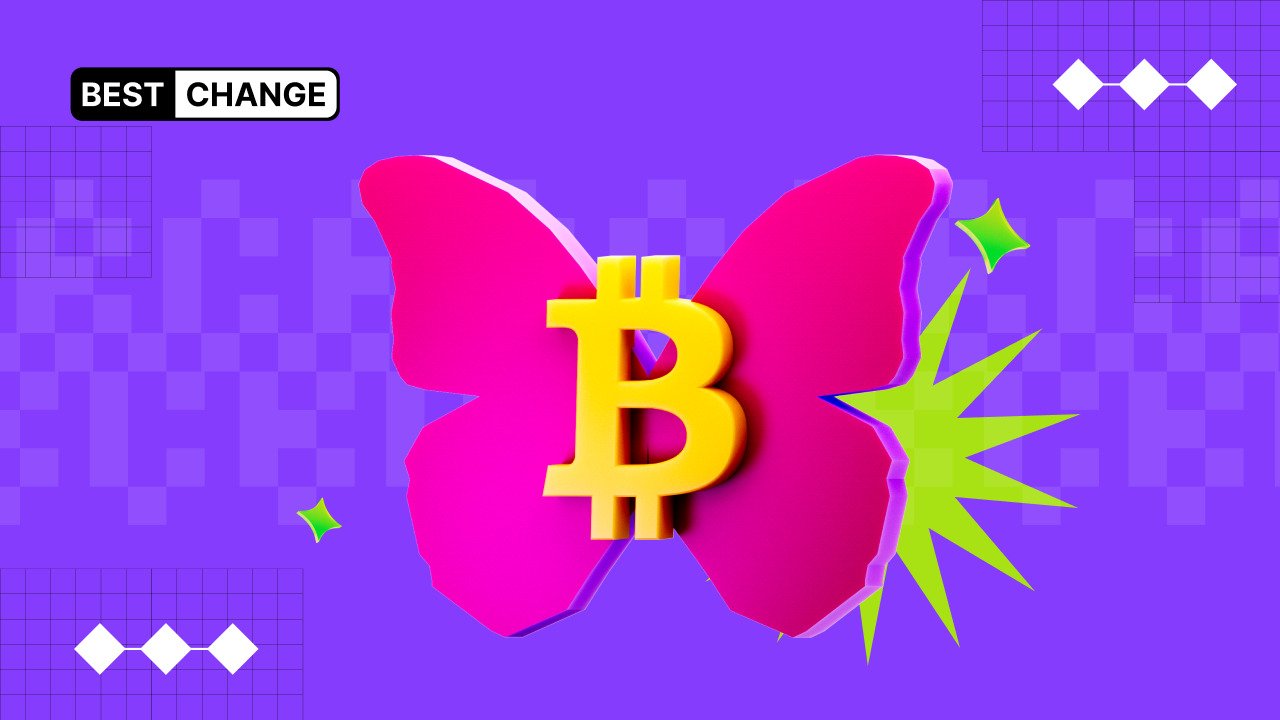Why Bitcoin maintains its leadership

Bitcoin achieved these impressive results in just 16 years since its launch — no other asset has reached such heights in such a short time.
From obscurity to institutional recognition
The emergence of Bitcoin marked the birth of a decentralized economy, not reliant on banks, but on autonomous systems.
Sixteen years after its creation, Bitcoin remains the leading crypto asset, despite technological obsolescence. For example, due to miners, the Bitcoin network consumes an enormous amount of electricity, comparable to that of some countries, such as Ireland and Argentina.
In addition, the Bitcoin blockchain lags behind many newer, more advanced decentralized networks like Ethereum, XRP Ledger, Solana, and Cardano in terms of throughput, functionality, and transaction fees.
On the other hand, Bitcoin's Proof-of-Work (PoW) consensus mechanism is considered one of the most secure, thanks to its strong resistance to hacking. Interfering with the Bitcoin protocol requires vast computing power, making attacks economically unfeasible.
Just a few years after its creation, major companies and investors began to take an interest in Bitcoin and other Web3 projects. For example, the well-known venture firm Andreessen Horowitz (a16z) was among the first to invest in blockchain startups back in 2013.
In 2020, MicroStrategy, led by crypto advocate Michael Saylor, invested in Bitcoin, followed by Tesla in 2021 under Elon Musk's leadership.
Several years later, some of the world's largest investment firms, including BlackRock, JPMorgan, and Goldman Sachs, began showing interest in Bitcoin.
In 2024, the first Bitcoin-based exchange-traded funds (Bitcoin ETFs) were launched. This marked a milestone in institutional recognition of Bitcoin and strengthened its status as the leading cryptocurrency.
Bitcoin as a response to banking system limitations
In 2024, Bitcoin surpassed payment giants Visa and Mastercard in transaction volume, reaching $45 million per day.
This coincided with the launch of traditional funds based on Bitcoin ETFs, which led to a sharp increase in daily trading volumes, peaking above $100 billion.
The following features contributed to Bitcoin's popularity among both retail and institutional investors:
- Censorship resistance: Bitcoin transactions cannot be blocked or reversed, making the system independent from external control.
- Unlimited transfers: Transactions can be made without limits or restrictions, especially valuable for international payments.
- Privacy: The system does not require disclosure of personal data for transactions.
- Fixed supply: Bitcoin is a deflationary asset due to its limited issuance.
Traditional banking systems impose limitations — such as transfer limits, long processing times, high fees, strict identity verification, and the risk of account freezes — that push investors and users to seek alternatives. Against this backdrop, Bitcoin is perceived as a more independent, transparent, and promising asset.
Why has Bitcoin become "digital gold"?
Bitcoin earned the status of "digital gold" due to a combination of key features that make it a convenient and modern alternative to traditional precious metals.
First, Bitcoin's issuance is capped at the protocol level — no more than 21 million coins will ever exist. This makes it a scarce asset, similar to gold, whose supply is limited by nature. However, unlike gold, Bitcoin cannot be "mined" beyond its preset limit, eliminating inflationary pressure.
Second, Bitcoin outperforms gold in many practical aspects. As noted by Michael Saylor, Bitcoin is easier to store, transfer, and divide. There's no need for vaults or physical transport — transactions are completed in minutes, regardless of distance.
Third, institutional recognition has played a significant role. According to ARK Invest CEO Cathie Wood, Bitcoin's fixed supply and accessibility make it attractive for both retail and institutional investors. Unlike gold, Bitcoin is easily integrated into digital financial infrastructure.
The launch of Bitcoin ETFs in the U.S. provided an additional boost to Bitcoin as an asset class. These funds offer a regulated, transparent, and convenient tool for Bitcoin investment, especially for those avoiding direct exposure to crypto exchanges due to legal or operational risks.
Finally, as economist Lyn Alden points out, Bitcoin combines the scarcity of gold with the technological adaptability of the digital era. It not only preserves value but also functions as a highly efficient cross-border payment tool — something gold has never been able to offer.
Thus, Bitcoin doesn't just replicate gold's features — it transforms them, offering investors a new format for reliable capital storage in the digital age.
Why is Bitcoin so expensive and will it remain the leading crypto asset?
Bitcoin has established itself as a reliable hedge against inflation, with its price increasing significantly over time. Its rapid growth compared to traditional assets is one of the reasons it remains the top cryptocurrency today.
Over the past decade alone, Bitcoin's price has surged more than 450 times. According to analytics as of July 2025, the cost of gold in U.S. dollars rose only about 1.7 times over the same period.
This contrast in performance attracted more and more investors to Bitcoin, including institutional ones. As of July 2025, public companies had invested around $92.5 billion in Bitcoin, approximately 850,000 BTC, which is over 4% of the current circulating supply (~19.88 million BTC).
Experts predict that by the end of 2025, over 150 public companies will hold Bitcoin on their balance sheets, with total reserves reaching 1 million BTC.
This trend of increasing Bitcoin adoption includes both corporations and private investors. According to Fidelity Digital Assets, the number of Bitcoin wallets with balances over $1,000 has roughly doubled over the past two years, reaching a record 10.6 million.
Currently, more than 60% of the total crypto market capitalization is accounted for by Bitcoin. Most experts agree that Bitcoin's dominance as the leading digital asset will only continue to grow. One sign of this is the increasing number of countries considering Bitcoin a strategic reserve asset, including the U.S., Japan, Germany, Hong Kong, Switzerland, Brazil, and Poland.
